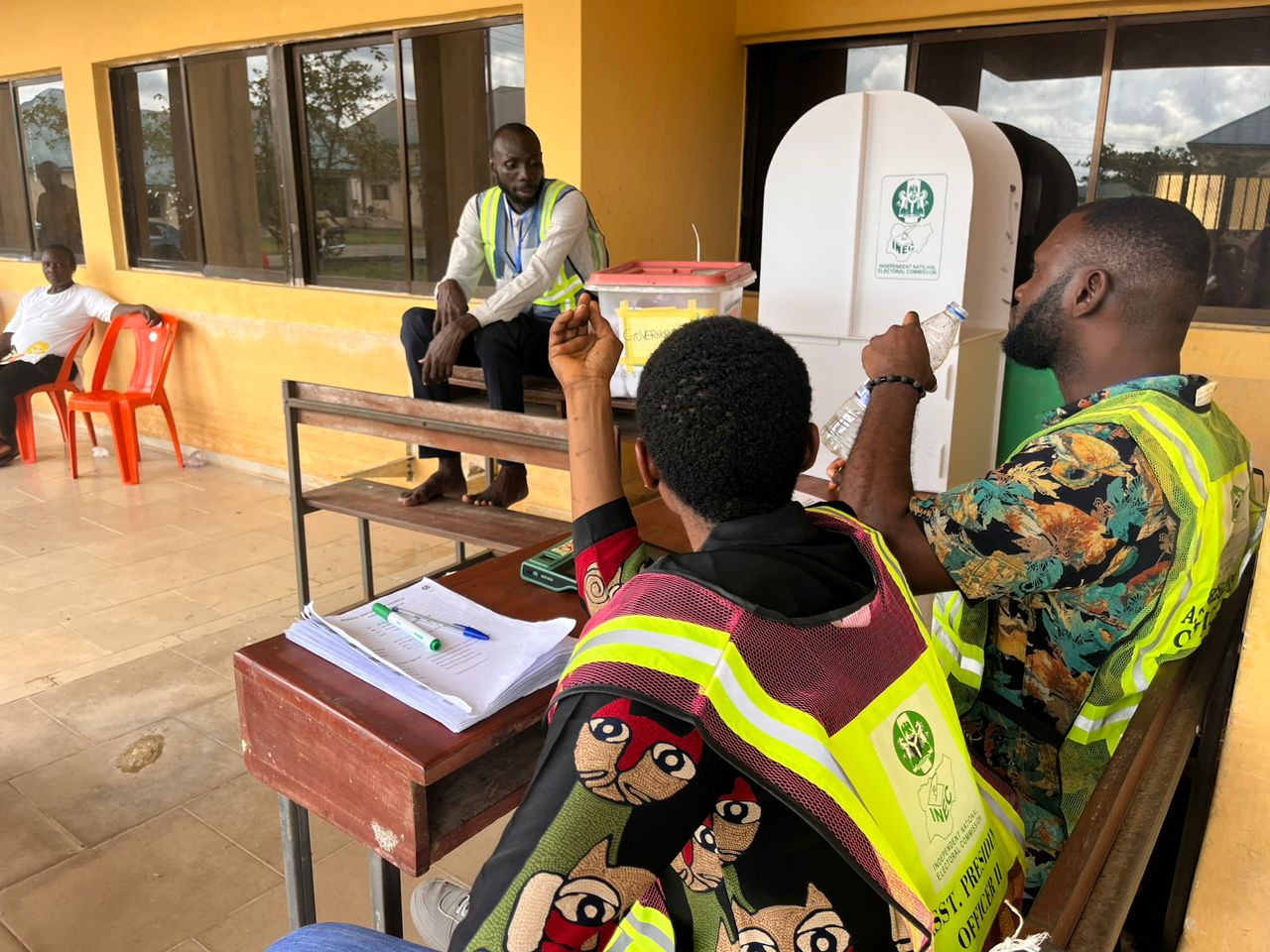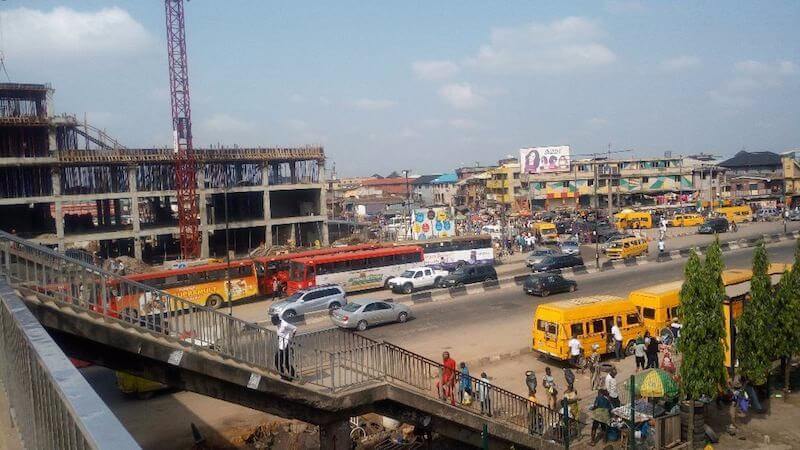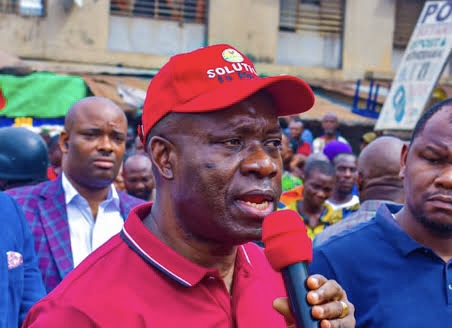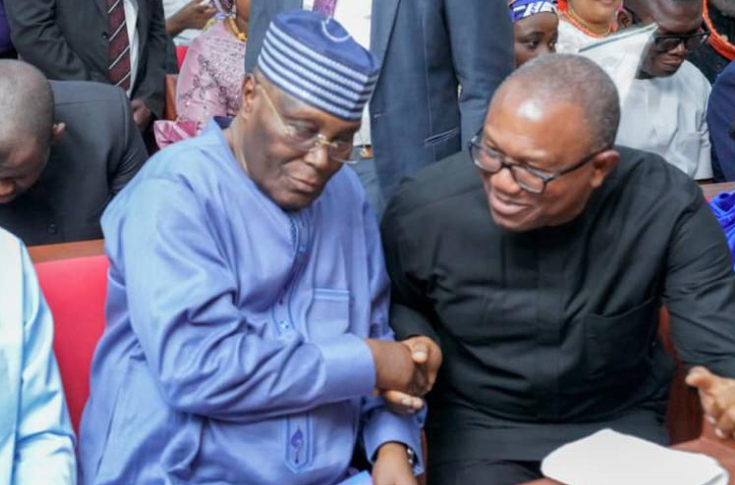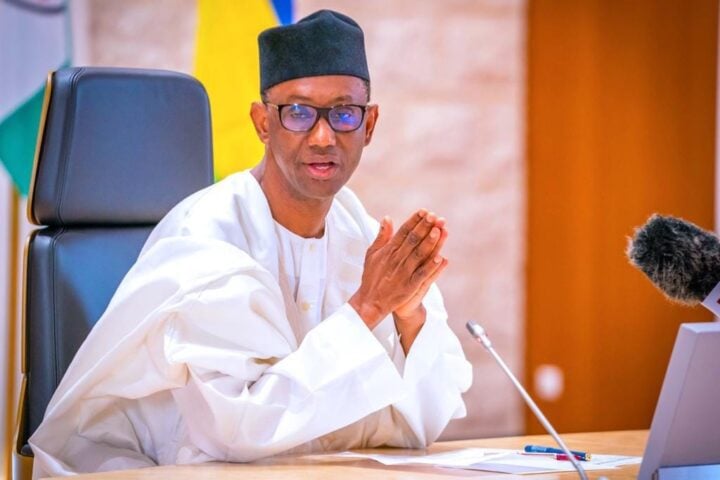The off-cycle gubernatorial elections in Imo, Kogi, and Bayelsa states have concluded with no surprises.
Before the elections, I anticipated the three candidates in these states to win, and my predictions held true, especially in Kogi where I accurately foresaw the first three candidates.
This leads me to the primary lesson: the power of incumbency remains a formidable factor in our politics. In most cases, unseating an incumbent is particularly challenging in off-cycle elections, requiring substantial popularity.
Another lesson learned is that vote buying will persist in our elections unless we take drastic steps. Despite measures in place, such as increased deployment during elections making massive thumb printing and ballot box stuffing more difficult, politicians have devised new means like vote buying.
Advertisement
The electoral umpire should find ways to curb vote buying, contributing significantly to sanitising our electoral system.
Another crucial point is that voter intimidation is likely to continue. Widespread cases were observed in the three states, and the solution lies in arresting and prosecuting electoral offenders.
Currently, offenders are arrested every electoral cycle, yet nothing substantial happens to them. If they were prosecuted along with their sponsors, it could serve as a deterrent to potential electoral offenders.
Advertisement
Achieving a free, fair, and credible election in Nigeria remains a slogan that may never materialize.
Despite INEC’s good intentions, the credibility of elections seems beyond reach. As efforts are made to sanitize the system, politicians are simultaneously devising means to circumvent it.
An additional lesson from the elections is that social media popularity doesn’t guarantee electoral success. Opinion polls don’t always translate to victory.
Many observers during the Kogi election predicted a win for the Peoples Democratic Party (PDP) candidate, Dino Melaye, based on his social media popularity. However, this was not the case, as he finished a distant third. His performance indicates he was never truly in the race.
Advertisement
Furthermore, the elections underscore the enduring influence of ethnicity and religion in Nigerian politics.
Regardless of education and intelligence, Nigerians often prioritize these factors over rational decision-making, as evidenced in the Kogi election being influenced by ethnic considerations.
Views expressed by contributors are strictly personal and not of TheCable.
Add a comment


